Sessions
France
www.cnrs.fr
@CNRS
https://www.linkedin.com/company/cnrs/mycompany/verification/
https://www.facebook.com/cnrs.fr/?locale=fr_FR
@CNRS
https://www.youtube.com/@CNRS
CNRS
Other
The National Centre for Scientific Research (CNRS) is a major player in basic research on the global stage and the only organisation in France that is active in all fields of science. Its unique position as a specialist in multiple fields means that it can bring together different scientific disciplines to shed light on and gain insight into current global challenges, in partnership with public sector, social and economic stakeholders. Together the sciences are used to bring about sustainable progress that benefits the whole of society.
A key player in deep tech, the CNRS encourages and supports technology transfer, in which research results are transformed into concrete and long-lasting innovations that benefit both companies and society. Every year, CNRS and its partner laboratories produce remarkable breakthroughs. A conscious and deliberate innovation policy helps these breakthroughs to progress through to society.
Experts and partners of the institution as well as representatives of startups from laboratories under CNRS supervision will be on hand at this new edition to dialogue with the public and present outstanding new technologies in the realms of health, sustainable development, aerospace and the digital revolution.
Spotlight on breakthrough innovations stemming from basic research
For its fifth year at VivaTech, CNRS has decided to spotlight ten high-potential startups developing groundbreaking technologies in areas of research that address more directly than ever the societal and technological challenges of today and tomorrow :
• In the field of health, visitors will be able to discover the startup Vect-Horus and its VECTrans® Technology Platform. The only system of its kind in Europe, VECTrans® enables the development of vector molecules targeting specific receptors, a breakthrough innovation that opens the gates to the development of medicinal drugs for the central nervous system. Hephaïstos Pharma will present its immunotherapy treatment for incurable and metastatic cancers, and Tafalgie Therapeutics will unveil its first pain treatment whose mechanism of action is derived from a secreted endogenous protein that can modulate pain signals with no dependency or tolerance build-up.
• Sustainable development is also a key sector for startup creation at CNRS. Naïo Technologies will exhibit its agricultural and viticultural robots designed to relieve humans from laborious tasks and reduce the use of weedkillers. Lactips will demonstrate an innovative material derived from the milk protein casein: the only thermoplastic polymer that biodegrades in just a few days, leaving no microplastic residue in any environment, and that is also water-soluble (even at 10-15°C). Mecaware will be on hand with a solution for the extraction of metals in a closed loop, free from inputs that impact the environment, without producing any effluent and with no special energy requirements.
• In the aerospace sector, the startup Ion-X will present its ion thrusters for satellites. Aldoria will offer a look at its orbital information system (with 4 synchronously rotating telescopes) that provides a comprehensive understanding of the space environment in near real time.
• Lastly, the theme of the digital revolution will be illustrated by two startups: Biomemory with its DNA Drive, a revolutionary digital storage medium that can store data with 1-million higher density than any SSD or magnetic tape, and QPerfect with its high-fidelity quantum simulator, which can be used by software manufacturers and developers to test and optimise their platforms and applications.
Giving the floor to experts and entrepreneurs
• A rich programme of roundtable discussions will enliven the first three days of the fair, bringing together CNRS researchers and representatives of the innovation ecosystem. What can be done to derisk technologies? How do you make a smooth transition from the startup to the factory? What indicators should be used to reconcile innovation and societal impact? A wide range of topics will be addressed during these interactions, offering the public an update on the issues related to the social and professional repercussions of innovation. In particular, generative AI, a key theme at VivaTech this year, will be the subject of a special roundtable highlighting CNRS’s expertise in the area and the diversity of innovations made possible by this leading-edge research.
• A pitch session jointly organised with the SATT Network (Sociétés d’Accélération du Transfert de Technologies / Technology Transfer Acceleration Companies) will enable about ten AI-based startups to present their activities to a panel of investors, offering these entrepreneurs an opportunity to gain visibility in a step towards potential funding.
Back to the roots of innovation
Behind any innovation, there is almost always a researcher who has taken risks and brought the results of his/her work to the market. A core goal for CNRS is to find ways of using basic research to benefit society by promoting the emergence of innovative startups with a strong societal impact. The institution also strives to bolster its links with the economic world by facilitating the transfer of technology and know-how to strategic industrial sectors.
Cybersecurity
DeepTech
Energy
Climate Tech















